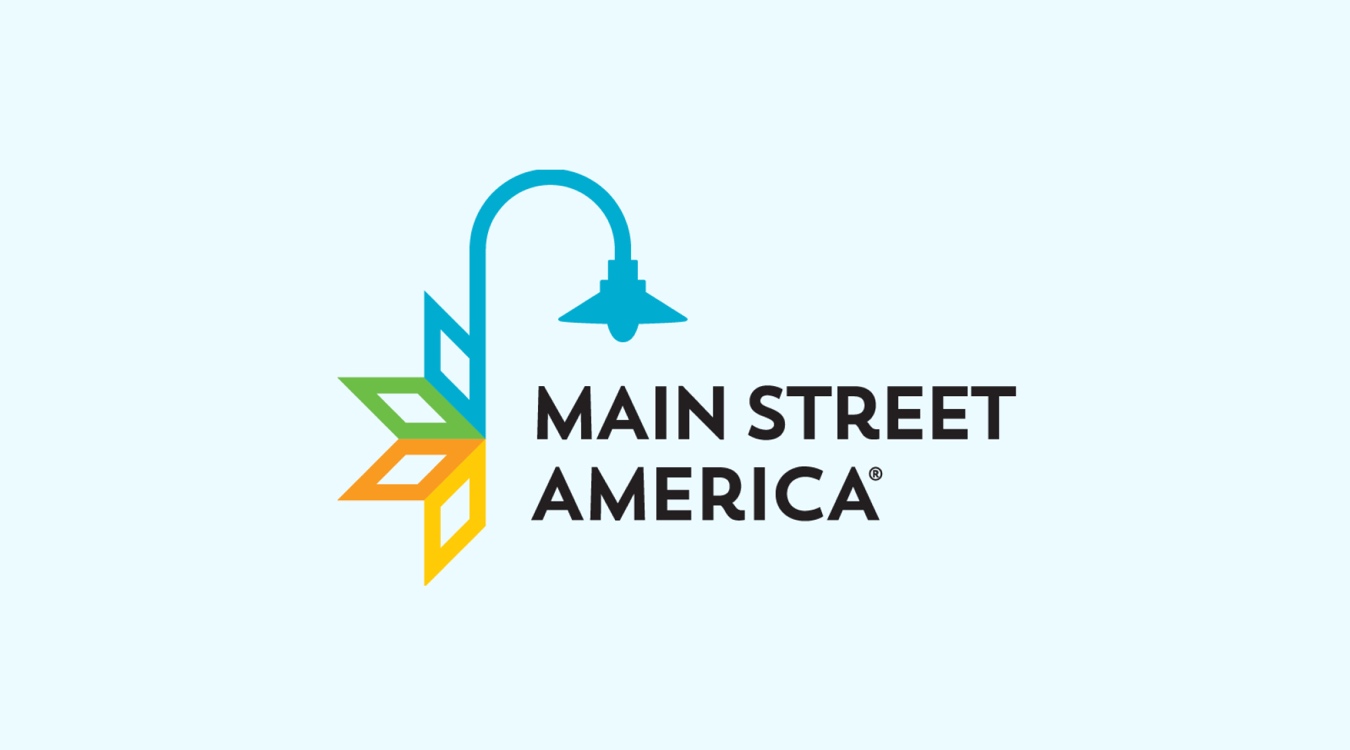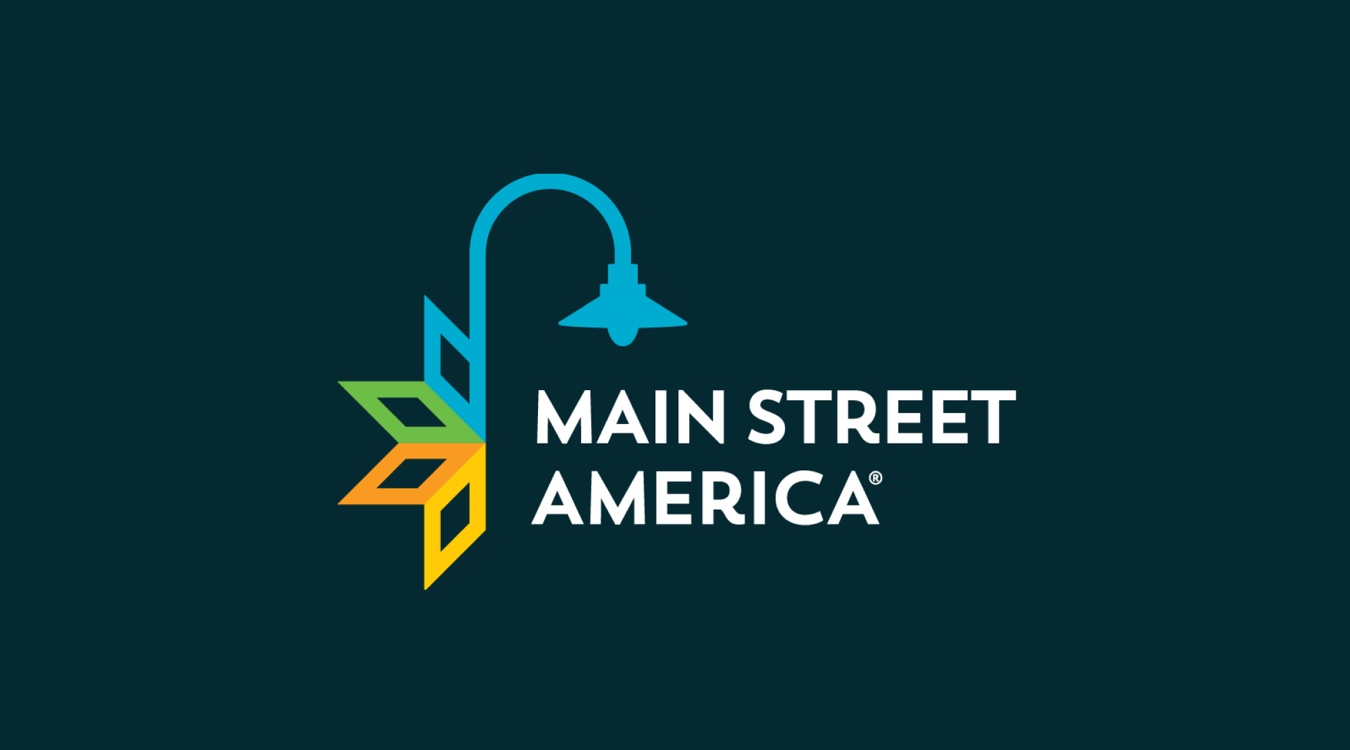The grants have supported a diverse array of projects, from façade enhancements to interior upgrades, each contributing to the district’s rejuvenation and renewal. By leveraging these funds, small businesses and property owners breathe new life into their establishments, creating a richer and more sustainable downtown ecosystem.
With grants totaling approximately $62,000, 37 businesses and property owners have received crucial support to date. Notably, 45 percent of these beneficiaries are female-owned small businesses — a testament to the fund’s commitment to diversity and inclusion. The fund has also assisted with the establishment of six new businesses, providing employment opportunities for 31 individuals.
The 4th Avenue Forward Impact Fund is more than a financial resource: it’s a catalyst for change, a beacon of hope, and a testament to the resilience of Birmingham’s Historic 4th Avenue Business District. Through strategic investment and unwavering collaboration, it ensures the long-term success and vibrancy of the community it serves.
In the heart of Birmingham’s Historic 4th Avenue Business District, a powerful narrative unfolds — one of restoration, resilience, and resurgence. From the meticulous preservation of iconic landmarks like the Alabama Penny Savings Bank and the Colored Masonic Temple to the strategic support provided by the 4th Avenue Forward Impact Fund, these initiatives symbolize a collective commitment to preserving history while forging a path towards a more prosperous future. As we embark on this journey together, let us remember that our actions today lay the foundation for generations to come, ensuring that the legacy of empowerment and community-driven development continues to thrive in Birmingham and beyond.





























































































































































